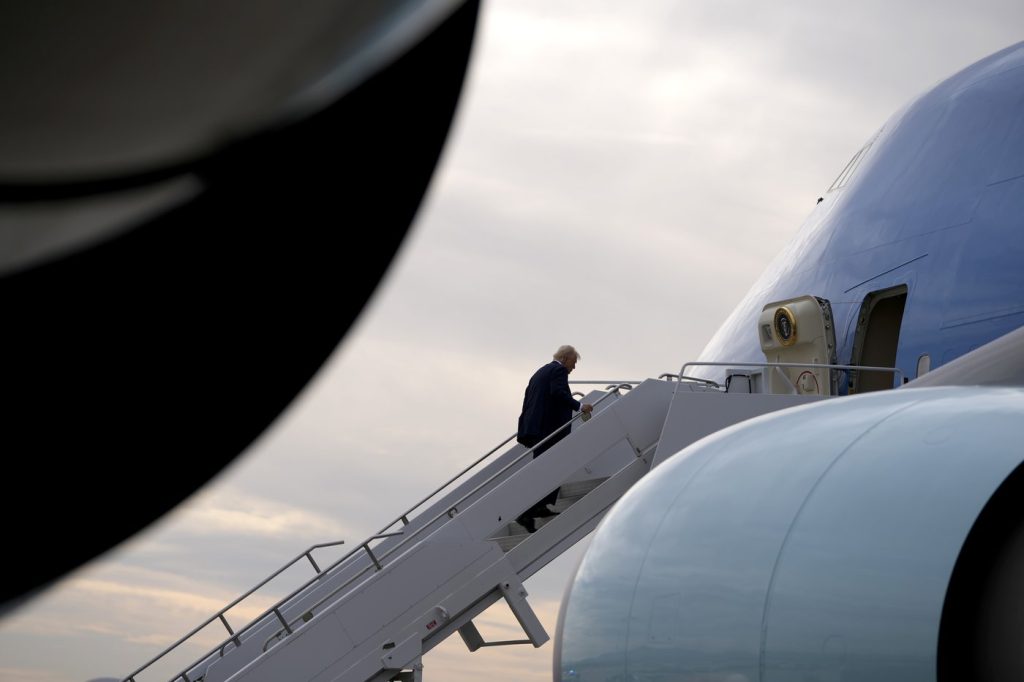WASHINGTON (AP) - President Donald Trump has taken decisive action to reverse the previous administration’s restrictions on the sale of large munitions to Israel. The lifting of Biden's hold on sending 2,000-pound bombs comes amid a fragile ceasefire in the ongoing conflict between Israel and Hamas, which has temporarily halted the violence in Gaza. Trump made this announcement via a post on his Truth Social network on Saturday, asserting, "A lot of things that were ordered and paid for by Israel, but have not been sent by Biden, are now on their way!" According to a Trump administration official, the weapons Trump referred to are indeed the heavy bombs. This official, however, requested to remain anonymous due to the sensitivity of the information.
Former President Joe Biden initially suspended the delivery of these munitions in May 2023, as part of an effort to prevent Israel from engaging in a full-scale assault on the southern Gaza city of Rafah. Following Biden's decision, Israel did eventually take control of Rafah in June 2023, but this occurred after the overwhelming majority of the civilian population had already fled due to the escalating conflict. Biden had expressed concerns about civilian casualties resulting from the use of such bombs, stating during a CNN interview in May, "Civilians have been killed in Gaza as a consequence of those bombs and other ways in which they go after population centers." He emphasized that he would not supply the kinds of weapons historically used to target Rafah, given the humanitarian implications.
The Biden administration's halt on arms sales also included a shipment of 1,700 500-pound bombs, which were ultimately delivered weeks later. However, under Trump's recent action, the restrictions have been lifted, indicating a clearer support for Israel during a critical period in the conflict. This move comes just five days into Trump's current term and follows the initial phase of a ceasefire that has allowed for negotiations surrounding the release of hostages held by Hamas in exchange for Palestinian prisoners in Israeli custody. The first stage of this process has seen some hostages released, but discussions about a more complex second phase, aimed at securing the release of all hostages and achieving a lasting cessation of hostilities, have yet to begin.
The Israeli government, led by Prime Minister Benjamin Netanyahu, has issued warnings that it may resume military operations against Hamas. This threat arises from the ongoing tension over the fate of the remaining hostages, particularly following Hamas's large-scale assault on Israel on October 7, 2023. The situation remains delicate as both sides navigate the complexities of the ceasefire and ongoing hostage negotiations, setting the stage for potentially renewed violence if the diplomatic efforts do not yield satisfactory results.










